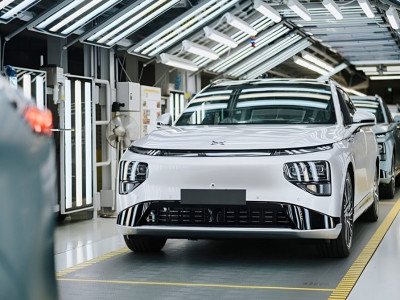- Home
- Car News
- Electric Vehicles Have Proven More Resilient Than Gas-Powered Vehicles During Disasters
Electric Vehicles Have Proven More Resilient Than Gas-Powered Vehicles During Disasters
- 280 views
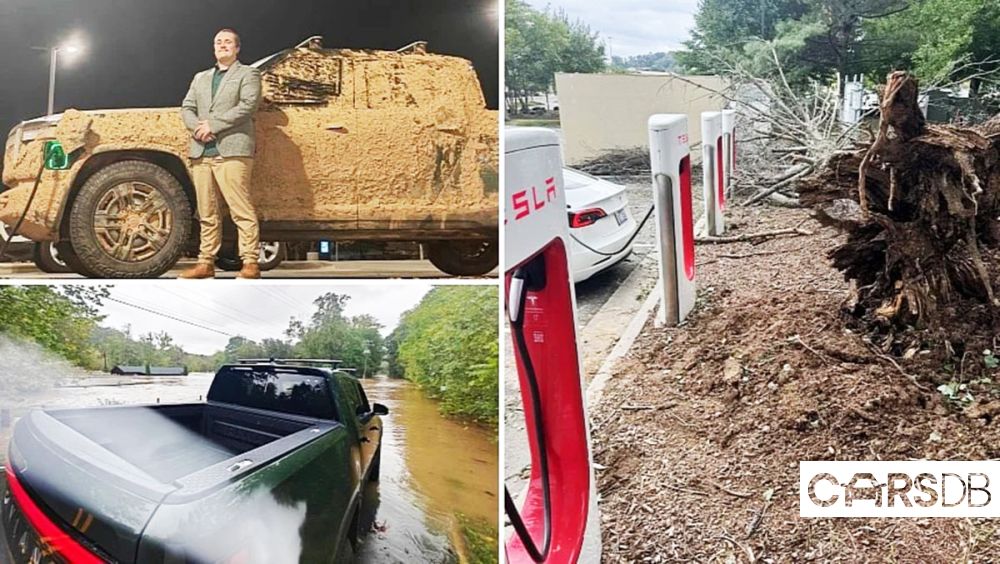
Many EV critics are convinced that gas-powered vehicles ensure survival in a disaster, unlike electric cars, which might not have electricity to charge. However, the experience of Hurricane Helene showed that EV owners were able to operate their cars almost normally, whereas gas-powered vehicles were disabled and gas stations were shut down.
Electric vehicles have become more popular than ever, even though the US market has seen slower adoption than other regions, most notably Europe and China.
However, EVs have only become more polarizing in the past years.
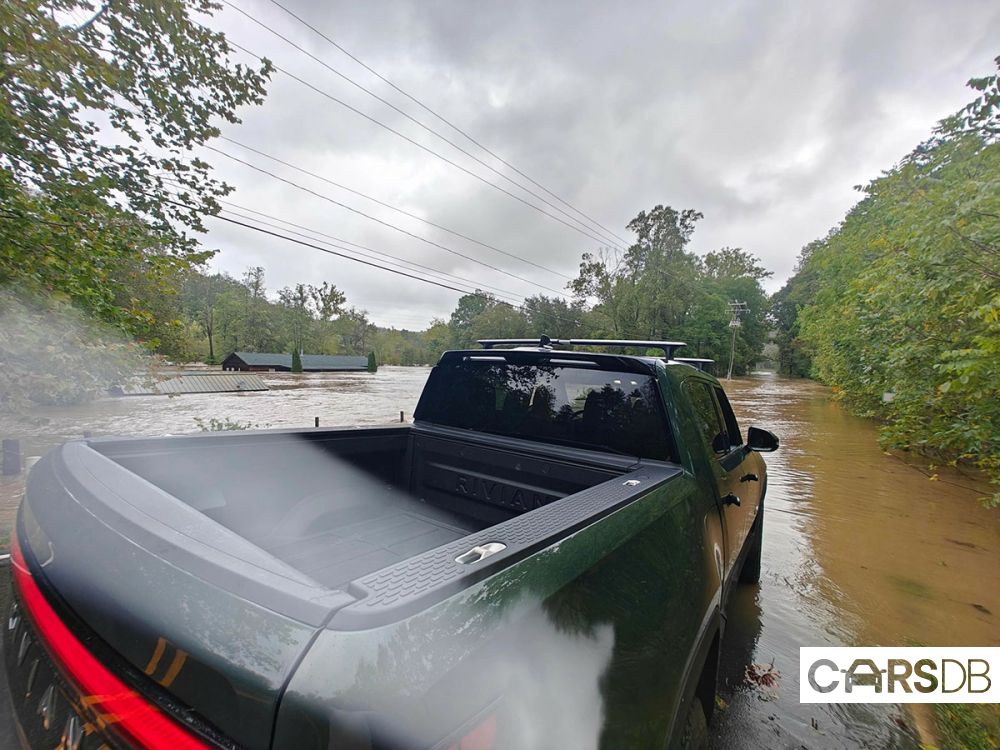
From blocked charging stations, an act known as ICE-ing, to coal rolling to straight-out vandalism and abusive behavior against EV drivers, electric vehicles have always rattled some people.
However, the worst part has been the anti-EV propaganda, trying to scare people from purchasing an electric car.
Electric vehicles have been painted as expensive, useless appliances that need hours of charging to drive a few miles.
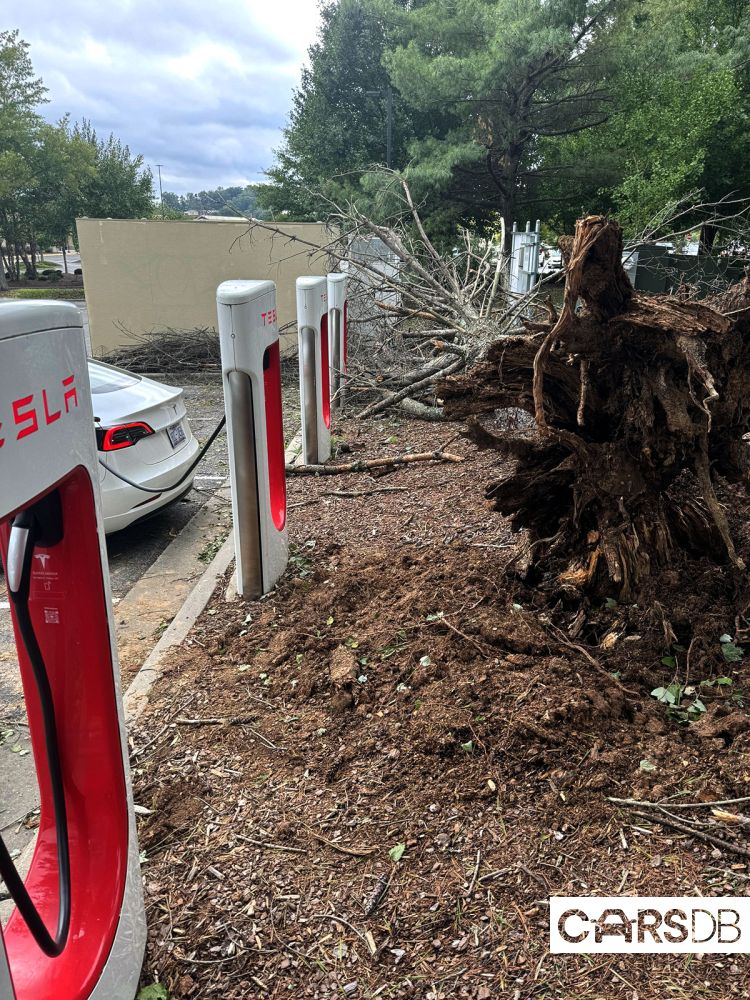
On top of that, many still believe that EVs need a new battery every couple of years, like phones and laptops do.
Also, we're constantly told that electric vehicles are bombs on wheels, ready to explode at any moment and burn down your property.
Coincidentally, the above hoaxes are frequently cited as the main reason for not buying an electric car.
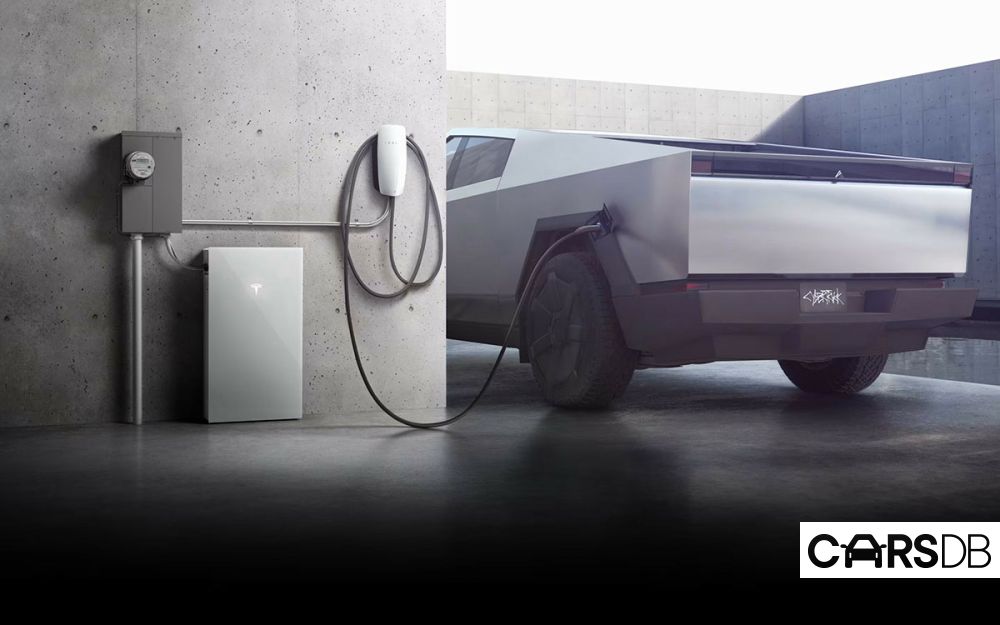
Never mind that modern EVs can add in 15 minutes enough energy to travel over hundreds of miles and reach 80% charge in less than half an hour.
Even the cheapest EVs, such as the Chevrolet Equinox EV, can travel over 300 miles on a charge, more than most people drive without stopping.
Studies consistently showed that EV batteries are more reliable than people thought, with most of them projected to last much longer than the 8-year warranty.
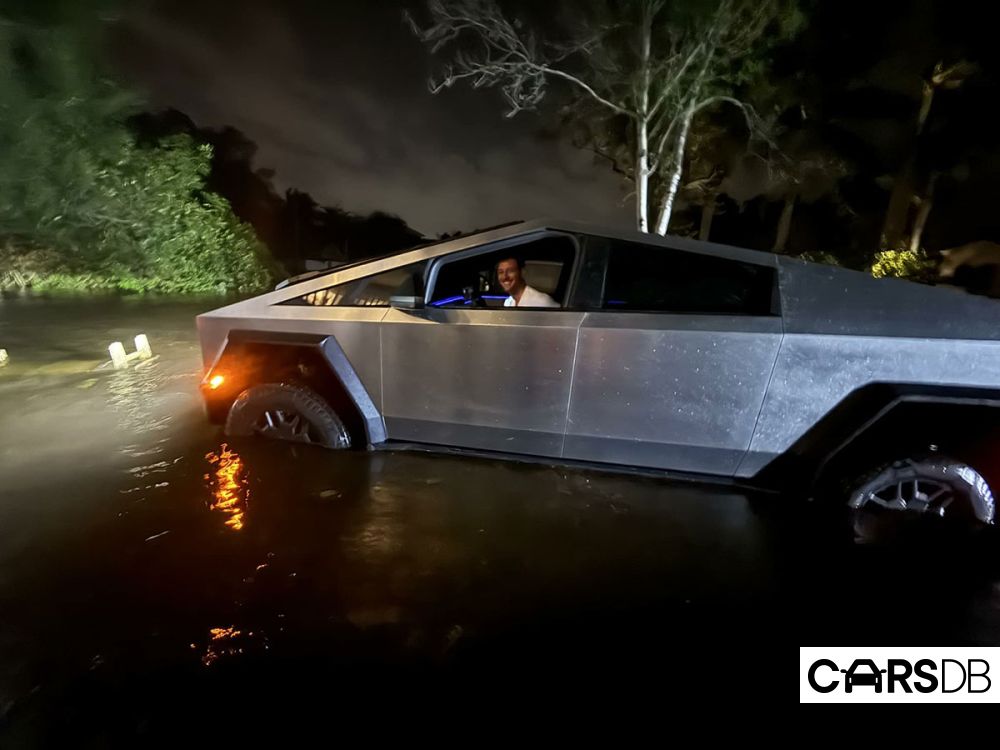
Other studies have demonstrated that electric vehicles are much less likely to catch fire than gas cars.
Like, tens of times less likely, with
hybrid vehicles being the most at risk of catching fire.
If there's a power outage, many believe electric vehicles would be dead, as if they cannot function when unplugged.
However, as we've not been short of disasters in the past years, electric vehicles continued to prove the skeptics wrong, saving the day when ICE cars couldn't.

The last example was Hurricane Helene, which devastated North Carolina. The hurricane left large areas without electricity, and flooding destroyed vehicles. Intriguingly, the combustion-engined vehicles suffered the most, not EVs.
We've told you the amazing story of a Rivian R1T pickup truck completely engulfed in mud in Asheville, North Carolina.
Despite being dragged by the waters hundreds of feet, the truck was still perfectly functional when it was found.
Its seals were so good that no water drops entered the cabin, and even the pillars were completely dry and clean. Sadly, combustion vehicles are usually a total loss when they are flooded.

The muddy R1T truck has become a rolling billboard for Rivian's build quality but also for EV resilience in the face of disaster.
His owner is now famous and couldn't be happier that he bought an electric vehicle instead of a gas truck. And this was not just because the R1T survived, but also because he could charge it and use it for shelter as floods destroyed his house.
Ref: Electric Vehicles Have Proven More Resilient Than Gas-Powered Vehicles During Disasters (autoevolution)









